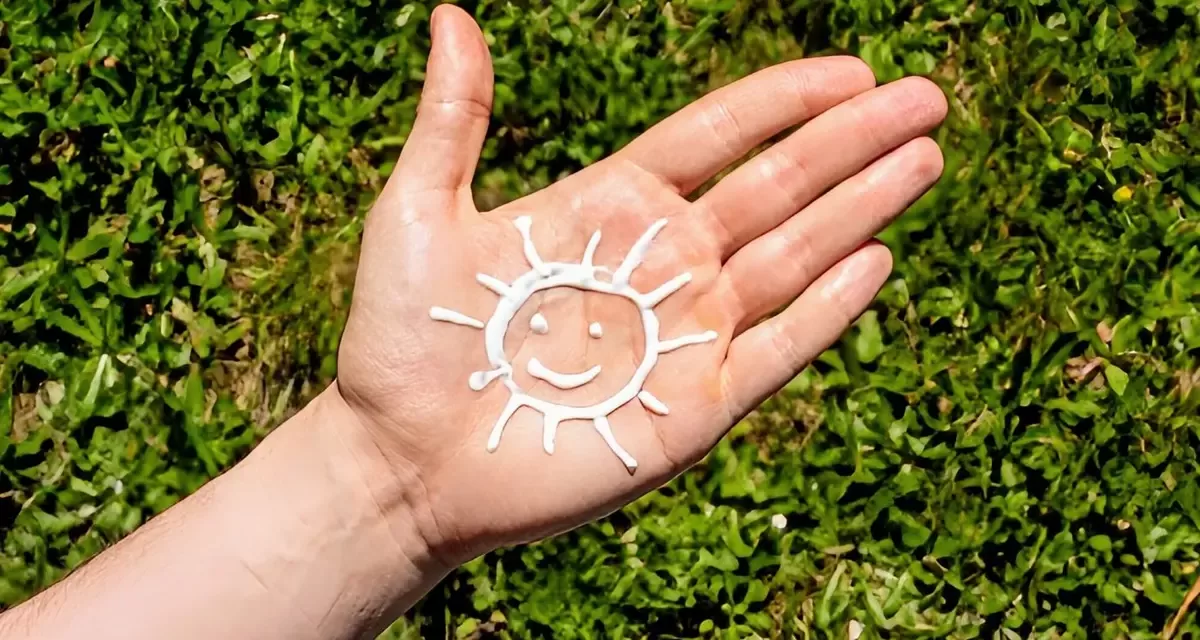Getting at least 30 minutes of daily summer sun in the first year of life may reduce the risk of relapses for children later diagnosed with multiple sclerosis (MS), according to a study published on February 12, 2025, in Neurology Neuroimmunology & Neuroinflammation. The research also suggests that maternal sun exposure during pregnancy, particularly in the second trimester, may lower the likelihood of MS relapses in their children.
Study Findings
Researchers analyzed data from 18 MS clinics across the United States, focusing on 334 children and young people aged 4 to 21 with childhood-onset MS. All participants were within four years of their first symptoms, with a median follow-up time of 3.3 years.
Sun exposure levels were assessed through parent-reported questionnaires, which detailed how much time the children and their biological mothers spent in the sun, clothing habits, and sunscreen use.
Of the total participants, 206 (62%) experienced at least one relapse during the study period. A relapse was defined as the appearance of new or returning symptoms lasting at least 24 hours, occurring at least 30 days after the previous MS episode, and not caused by fever or infection.
The study found that among the 75 participants who had between 30 minutes and one hour of daily summer sun exposure during their first year of life, 34 (45%) had a relapse. Conversely, among the 182 participants who had less than 30 minutes of daily summer sun exposure, 118 (65%) experienced a relapse.
After adjusting for potential confounding factors, including tobacco exposure, birth season, MS medication, and sun protection habits, researchers determined that at least 30 minutes of daily sun exposure in infancy was associated with a 33% lower risk of relapse compared to those with less exposure.
Impact of Maternal Sun Exposure
The study also examined the sun exposure habits of the participants’ biological mothers during pregnancy. Results showed that if a mother had at least 30 minutes of daily sun during the second trimester, her child had a 32% lower risk of relapse.
Dr. Gina Chang, MD, MPH, of The Children’s Hospital of Philadelphia and a member of the American Academy of Neurology, commented on the findings: “Our study suggests that greater sun exposure during early development may help reduce disease activity in children who later develop MS. However, it is essential to balance sun exposure with sun protection to minimize risks associated with excessive UV exposure.”
Future Research Directions
While the findings provide promising insights, researchers emphasize that the study only establishes an association between sun exposure and MS relapse risk, not a direct causal link. Additionally, reliance on self-reported data from parents may introduce recall bias.
Chang added, “Future studies should explore how sun exposure at different life stages, both before and after MS diagnosis, influences disease progression. This could help develop sun exposure recommendations for children with MS and inform clinical trial designs.”
Conclusion
This study builds on previous research linking greater sun exposure to a lower risk of developing childhood MS. If further studies confirm these findings, healthcare professionals might consider sun exposure as a potential factor in managing childhood-onset MS. In the meantime, experts recommend a balanced approach to sun exposure, ensuring adequate protection while potentially reaping the benefits of natural sunlight.
Disclaimer: This article is for informational purposes only and does not constitute medical advice. Readers should consult healthcare professionals before making any changes to their sun exposure habits or MS management strategies.












